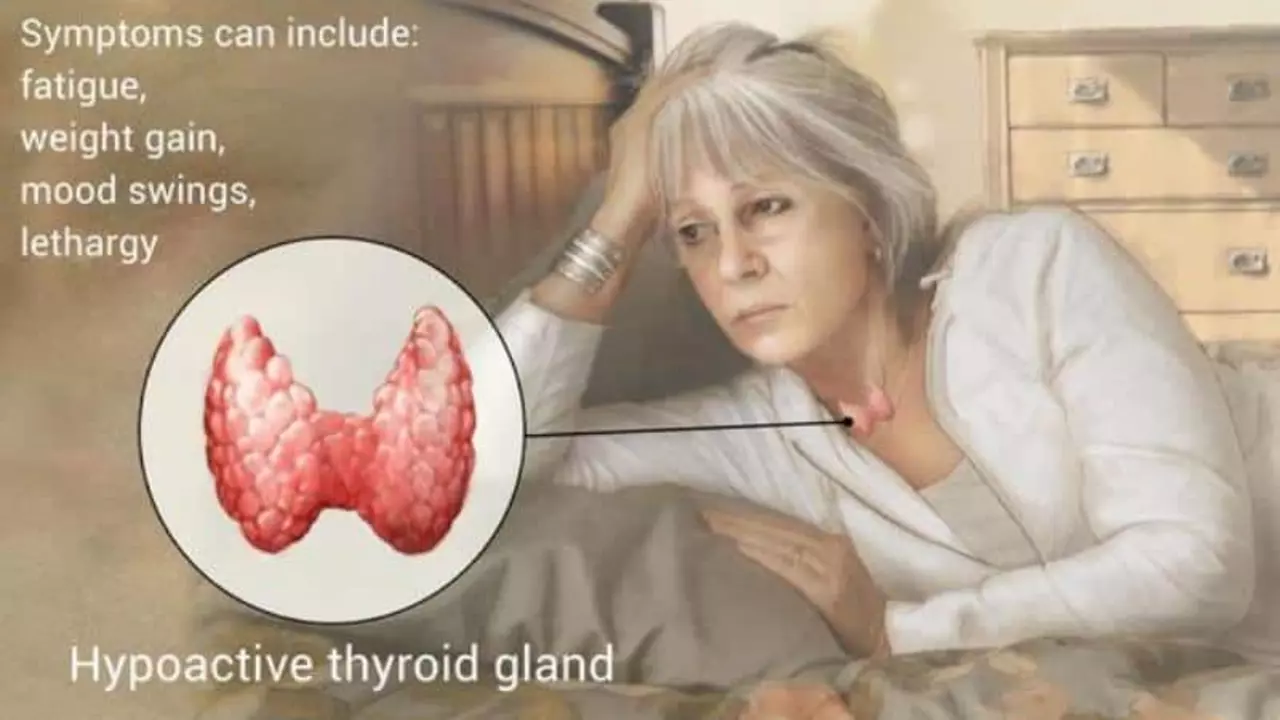Thyroid deficiency: what to watch for and what to do
Feeling tired, cold, or more forgetful than usual? Those can be signs of thyroid deficiency (hypothyroidism). This page brings together straight-up, useful info: common symptoms, the tests your doctor will order, how medication works, and simple habits that help treatment work better. You’ll also find links to helpful articles on dosage changes and managing meds in real life.
Spotting symptoms and getting checked
Thyroid hormones affect energy, weight, mood, skin and digestion. Common signs of low thyroid include constant fatigue, unexplained weight gain, sensitivity to cold, dry skin, hair thinning, constipation, and slow thinking. If you notice several of these, ask your clinician for blood tests. The main labs are TSH and free T4. Anti-TPO or anti-thyroglobulin antibodies show if an autoimmune process like Hashimoto’s is causing it.
Medication basics and smart dosing
Most people with thyroid deficiency take levothyroxine (Synthroid, generic levothyroxine). Here are practical tips that actually matter day to day:
- Take it on an empty stomach, 30–60 minutes before breakfast, or at bedtime — but be consistent with the time you choose.
- Keep at least 4 hours between levothyroxine and calcium, iron, antacids, or some supplements—those reduce absorption.
- If your doc changes the dose, expect repeat labs in 6–8 weeks to see the real effect.
- Tell your provider about other meds (proton pump inhibitors, certain diabetes drugs, estrogen) and supplements (especially biotin) because they can affect labs or absorption.
- Avoid switching brands without checking your TSH—some people react to formulation changes.
If you want a deeper how-to on dose changes and monitoring, read our practical guide: “Thyroid Medication Dose Adjustments: A Practical Guide for Patients.” It covers when to test, how to spot under- or over-treatment, and what lifestyle factors change your needs.
Quick notes on special situations: pregnancy usually needs higher doses; older adults and people with heart disease need gentler titration. Natural or desiccated thyroid products can work for some but they’re less predictable—talk it over with your clinician.
When should you call a doctor right away? New chest pain, rapid heartbeat, fainting, severe shortness of breath, or major mood changes need prompt attention. Also check in if symptoms worsen despite taking meds as prescribed.
Want more related reads? On this tag page you’ll find practical articles about dosing, drug interactions, and real-world tips to lower side effects and get steady results. Start with the dose-adjustment guide, then explore linked posts that match your situation.
Manageable steps—regular testing, consistent dosing, and a quick talk with your provider about interactions—will get most people back to feeling like themselves. If you’re unsure about a symptom or a med change, reach out to your clinician. Small adjustments often make a big difference.
The Connection Between Thyroid Deficiency and Weight Gain
As a blogger, I've recently been exploring the connection between thyroid deficiency and weight gain. It appears that an underactive thyroid, also known as hypothyroidism, can lead to a slower metabolism and subsequent weight gain. This is because the thyroid gland plays a crucial role in regulating our body's metabolism, and when it isn't functioning properly, it can disrupt our body's ability to burn calories efficiently. Additionally, hypothyroidism can cause fatigue and weakness, making it difficult to maintain an active lifestyle, which may further contribute to weight gain. It's essential for those experiencing unexplained weight gain to consult with a healthcare professional to determine if thyroid deficiency may be a contributing factor.
